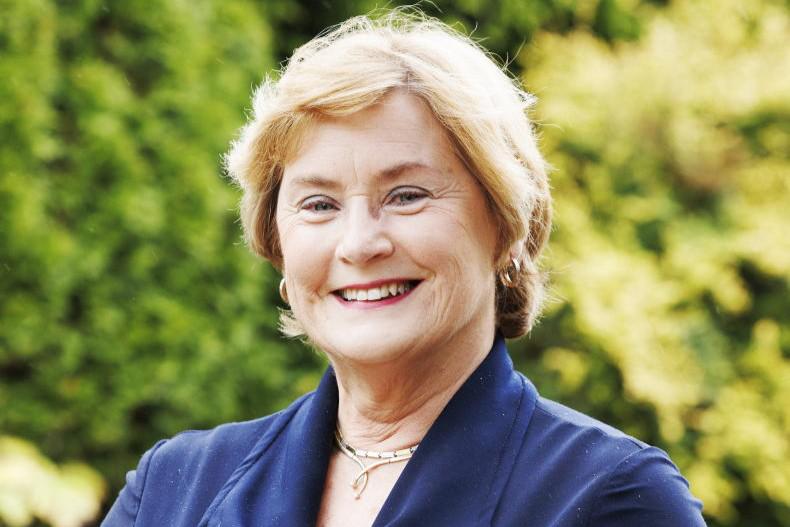Kerry farmer Shane McAuliffe’s appearance on RTE’s Liveline last week was a stark reminder of the great disconnect between a cross section of society and farmers.
But it was also a reminder of the range of conflicts in which farmers perennially find themselves.
1 Farmer v Farmer: There was a time when farmers were a united force. In recent years we have witnessed dramatic splintering. The birth of the beef plan is one example and the current debate around convergence is also driving a wedge between neighbours.
2 Vegan v Farmer: This is one conflict that will never find harmony. If you are a vegan, you are against any form of farming which involves animals. It includes, in some instances, beekeeping. So we will leave that one there.
3 Environmentalist v Farmer: Extinction Rebellion and constructive environmental campaigners mean well in trying to “reach out” to farmers but the tone of the debate between some activists and farmers is depressing – there’s often an unwillingness to accept another viewpoint. From a neutral perspective, the ideology on the side of some environmentalists is not for changing beyond a complete reduction in Irish beef and dairy output. End of.
4 Misinformation v Farmer: Terms like “industrial agriculture”, “big agri” and “factory farming” are casually thrown around in an Irish context. The average Irish farm size is around 80 acres and the average dairy herd size is around 80 cows. The average suckler herd size is under 20, according to Teagasc. If these terms are used to describe Irish farming, what should be used to describe ranches with thousands of cattle in Australia, the US and Brazil? While the rapid recent growth in the Irish dairy herd is impacting negatively on the environment and needs urgent addressing, it’s simply disingenuous to label Irish farms with such provocative and catchphrases.
5 Policy v Farmer: How many farmers are docked EU payments annually for failing to comply with rules and regulations? The answer (negligible) will tell you that farmers work within strict rules, which means that it’s policy rather than practice that drives agricultural production. Ask any farmer to outline the list of rules and number of inspections to which they are subject in any given year from a plethora of different agencies to get the drift.
6 Consumer v Farmer: We demand the highest standards and rightly so. But we don’t want to pay for them. Price trumps provenance. The growth in retail discounter shopping is one example of this. Lured by slick advertising, we are conditioned to believe that we are fools if we spend more money in other shops on food. The scandal of food waste from seed to bin is more proof of this.
7 Processor v Farmer: Arguably the biggest enemy farmers have are processors and, by extension, retailers who profit off the back of primary producers. Farmers are price takers not price makers. There’s little sign of that old adage changing anytime soon.
8 Weather v Farmer: You might be the best farmer in the world but it’s no good if the weather is not with you at the right time. Climate change has exasperated this.
9 Media v Farmer: When it comes to the debate around economics, health and politics, we in the media reach for experts and academics for clarity and explanation. When it comes to food production, some lazily go for shouty parish pump politicians to represent the farming view.
10 Bashfulness v Farmer: No point in complaining about being victimised unless farmers overcome their bashful approach to self promotion.








SHARING OPTIONS